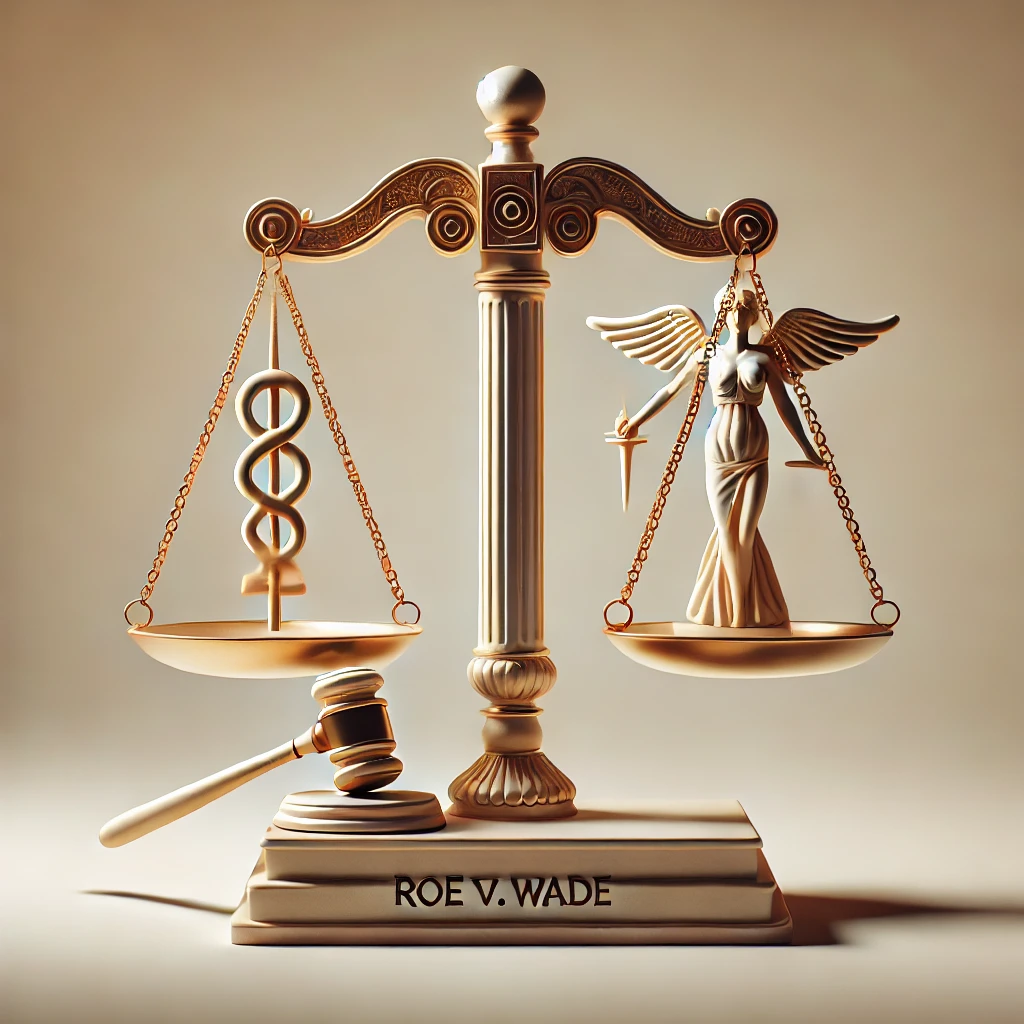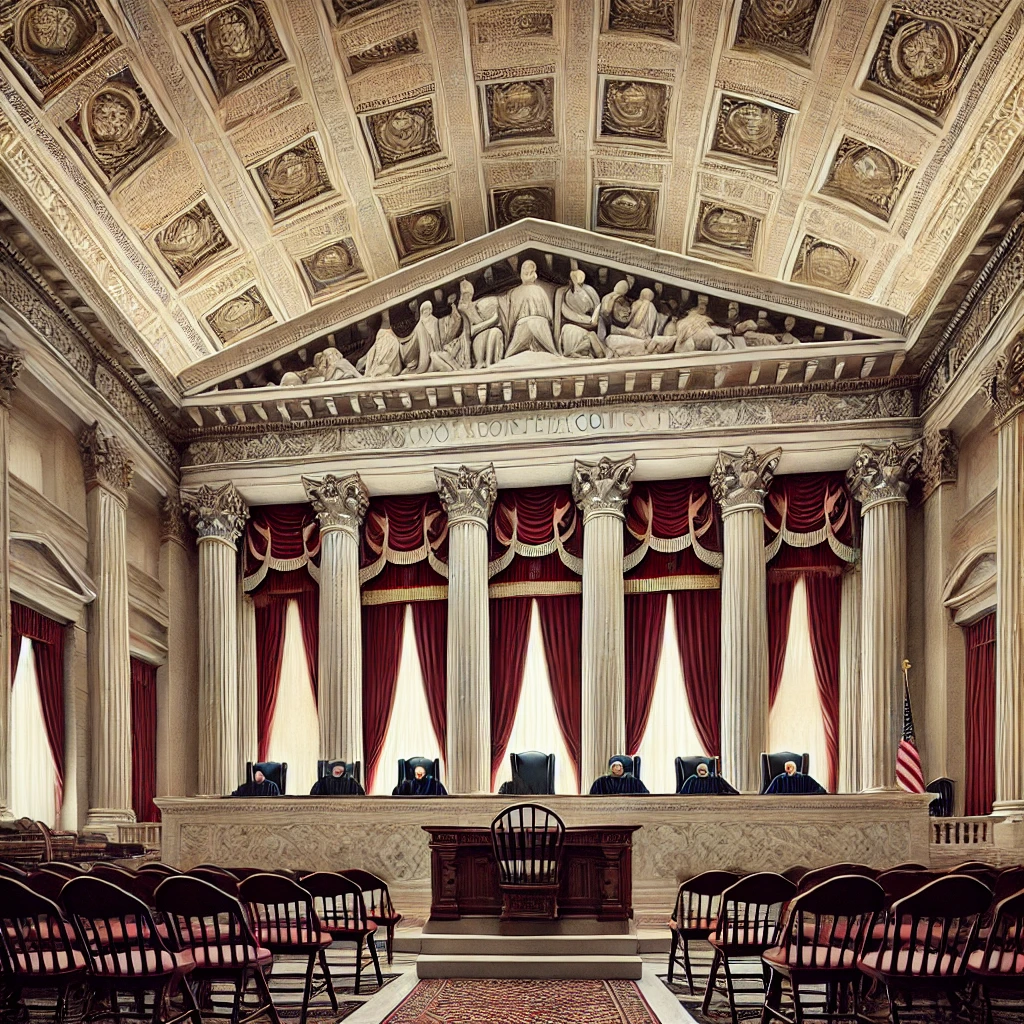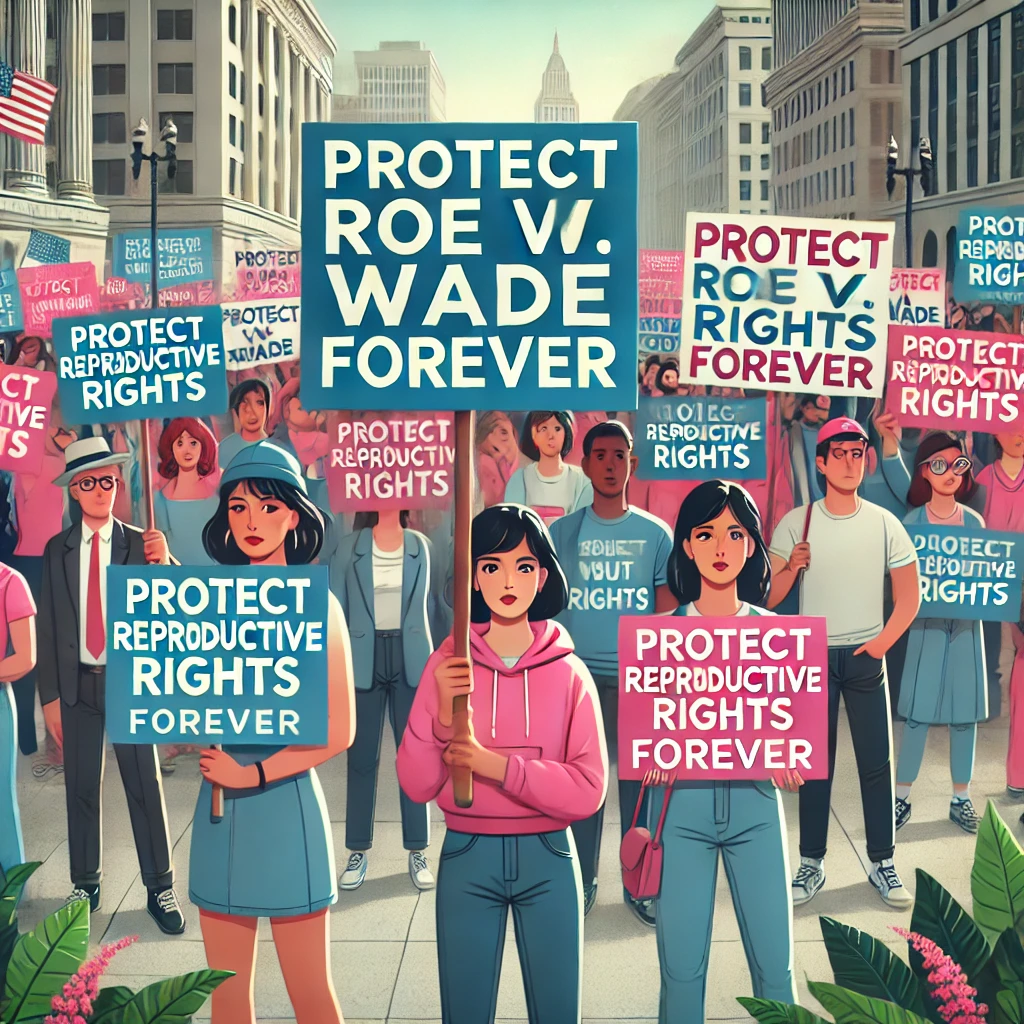A landmark decision in the history of U.S. jurisprudence occurred on January 22nd, 1973, as the Supreme Court issued the Roe v. Wade decision, legalizing a woman’s right to choose an abortion. This ruling, delivered in a 7-2 vote, established a constitutional right to privacy that encompassed a woman’s decision to terminate a pregnancy. Roe v. Wade set a precedent that shaped the legal and political landscape of the United States for decades.

The Case That Changed the Nation
The Roe v. Wade case began in 1970 when Norma McCorvey, under the pseudonym “Jane Roe,” filed a lawsuit challenging Texas laws that criminalized most abortions. McCorvey’s lawyers argued these laws violated a woman’s constitutional rights, specifically the right to privacy under the Fourteenth Amendment. The Supreme Court, in a majority opinion authored by Justice Harry Blackmun, declared that the right to privacy “is broad enough to encompass a woman’s decision whether or not to terminate her pregnancy.”
The Court introduced a trimester framework to balance this right against the state’s interest in regulating abortion. It protected a woman’s right to choose during the first trimester while allowing increasing state regulation in later stages of pregnancy.

Roe’s Significance and Controversy
Roe v. Wade became one of the most debated decisions in U.S. history. For advocates of reproductive rights, it marked a victory for women’s autonomy and equality, advancing the broader movement for gender equality. However, opponents, particularly religious and conservative groups, criticized the decision as judicial overreach, arguing it created a constitutional right not explicitly mentioned in the Constitution.
The ruling energized the pro-life movement, which sought to challenge and overturn Roe. It became a focal point for political campaigns, judicial appointments, and public discourse about the role of government in private decisions.
The Ongoing Debate Over Reproductive Rights

For nearly 50 years, Roe v. Wade was the foundation for abortion rights in the United States. Subsequent cases, such as Planned Parenthood v. Casey in 1992, upheld Roe’s core principles while modifying its framework with the “undue burden” standard for evaluating abortion restrictions. Roe’s impact extended beyond legal battles, influencing public discourse on reproductive rights and gender equality.
In June 2022, the Supreme Court overturned Roe in the Dobbs v. Jackson Women’s Health Organization decision, ending federal constitutional protection for abortion and leaving the issue to individual states. This reversal amplified debates about reproductive rights and highlighted the fragile nature of precedent in a polarized political climate.
Despite its repeal, Roe v. Wade remains a symbol of the struggle for reproductive freedom and the ongoing battle for civil rights. Its legacy endures in discussions about individual autonomy, equality, and justice in America.
